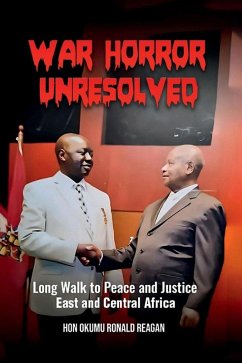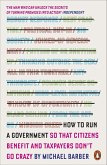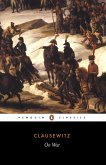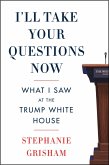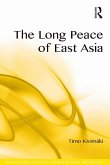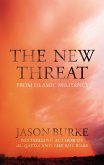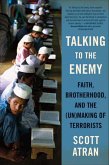The book delves into the complexities of ethnic conflict in Uganda, executed with horror that spread throughout East and Central Africa with devastating effects. After an international conspiracy of silence on cliency relationships, the war later hankered on the global War on Terror for over two decades. It drew in global actors from the U.S., U.N., and ICC without apparent success. The book traces the historical trajectory of the ethnic conflict in Uganda, which was bent on hegemony from a time of state formation, and how the war got intertwined with various players' regional and international interests. It explores early attempts by Libya, Iran, Malawi, and the Carter Centre to mediate the conflict. The book analyzes how politics and international relations influence conflict resolution and the failure of the global governance system in contrast to the role of power blocks such as the European Union and bilateral engagement in resolving conflict. It examines the effective role of international civil society and the influence of world citizens on their government to act on a conflict in a foreign land. The book contains a unique participants' observer perspective, with the writers taking on various roles, such as victims, advocates, and peacemakers, offering a deep understanding of the conflict that engulfed five countries and lasted 27 years without absolute resolve. The book exposed the contradictory ideological no-party democracy system in Uganda, supported by the West, and how the regime perpetuated conflict and corruption for regime survival. It sheds light on heinous war crimes and violations of international humanitarian laws with impunity without a global Justice response, highlighting the late involvement of global actors. Tracing the U.S. special forces counter-terrorism activities and U.N. military involvement in the region. It highlights the ICC indictment of rebel commanders and the ineffective U.S. and UN sanctions on rebel commanders. The book exposes the limitations of the ICC and its lack of referrals to international tribunals to handle war crimes beyond its mandate in war crimes committed before its establishment. It exposed the plight of over two million people displaced in what remained like a concentration camp against the UN guidelines. It tells stories of bush meetings with LRA rebels by high-profile people, including Christians Bishops, to discuss peace. The book examines the LRA rebellion, underscoring its significant impact and how it reshaped the Global Justice discourse. It raises thought-provoking questions about the responsibility to protect principles, liberal justice dual punishment for victims, and the importance of the transitional justice process. It concludes that the collective will of the international community and governance institutions is vital to world peace.
Dieser Download kann aus rechtlichen Gründen nur mit Rechnungsadresse in A, B, CY, CZ, D, DK, EW, E, FIN, F, GR, H, IRL, I, LT, L, LR, M, NL, PL, P, R, S, SLO, SK ausgeliefert werden.

